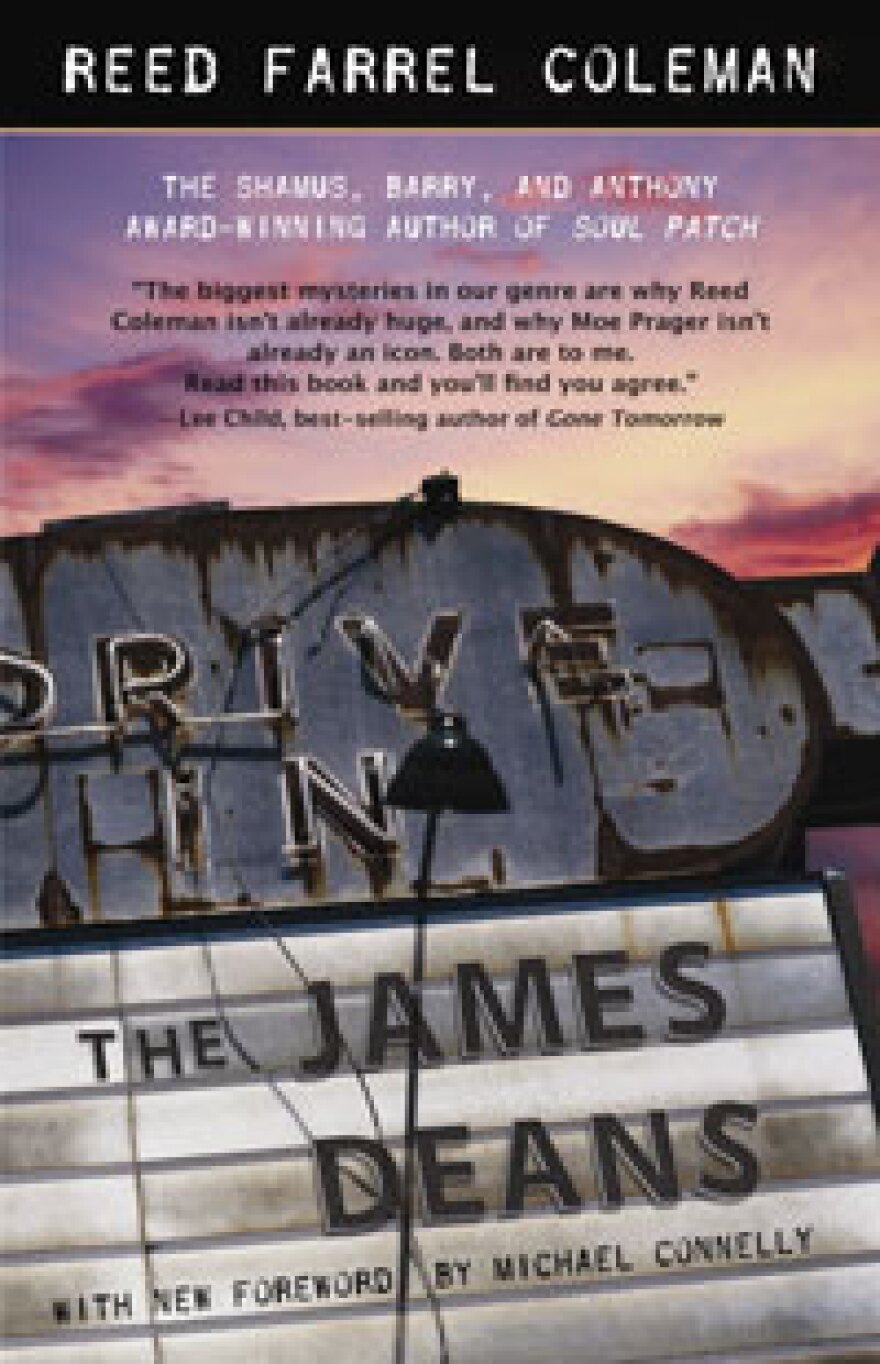








This was a major year for looking back to the Great Depression for guidance, as well as for a buck-up dose of that era's shining-through, Shirley Temple spirit. Out of all of the '30s-themed books I read this year, my pick for the best nonfiction book is Kirsten Downey's biography of Frances Perkins, The Woman Behind the New Deal. Here's how Franklin Roosevelt's controversial choice for secretary of labor recalled the first meeting of FDR's Cabinet in 1933:
As Downey's compelling biography reveals, Perkins' strategy of reticence worked. She achieved many of her "bright ideas," like the minimum wage, work-hour limitations and the Social Security Act. Indeed, if Perkins had completely realized her vision, national health care would have long been an American reality.
Henry Ford, of course, was a bitter foe of FDR and his worker-friendly legislation. During the 1930s, Ford attempted to escape to an imagined pre-industrial golden age by pouring money and manpower into a Disneyland-type settlement in the Amazon called "Fordlandia." In a lively work of narrative history of the same title, historian Greg Grandin rediscovers this forgotten utopian town, the ruins of which still stand deep in the jungles of Brazil.
Grandin mentions that Fordlandia had a dance hall where only polkas and minuets were allowed, because Ford disapproved of the "sex dancing" that was sweeping America in the 1920s and '30s. In contrast, esteemed literary critic Morris Dickstein's cultural history of the 1930s, called Dancing in the Dark, is fascinated with Busby Berkeley's "sex dancing" extravaganzas. Dickstein also investigates the deeper meanings of art deco industrial design, gangster movies, the photographs of Dorothea Lange and Margaret Bourke White, and the novels of Zora Neale Hurston and John Steinbeck.
Finally, the work of nonfiction I reviewed this year that garnered the most listener response had nothing to do with the Great Depression; Happens Every Day by novice writer Isabel Gillies is a disarming memoir that focuses on the collapse of her marriage to a poetry professor at Oberlin — a school, Gillies cheekily tells us, where all the students "play an instrument well" and "know how to address [transgendered people]."
Any year in which I stumble on a terrific new mystery series is a bull market year for me; this past summer, a wise independent bookseller recommended that I read the Moe Prager mysteries set in Brooklyn and starring a Jewish former police detective. The atmospheric Prager series is written by Reed Farrel Coleman, who just may be the only mystery writer licensed to drive trucks filled with hazardous materials like nuclear waste.
Speaking of nuclear Armageddon, my nominee for this year's best work of literary fiction, Zoe Heller's acerbic novel of ideas, The Believers, merrily decimates the world its characters once inhabited. The Believers explores what happens when a zealous, William Kunstler-type superstar lawyer dies and his children drift into various other political and religious orthodoxies. Heller has no patience for what she calls the phenomenon of "relatability" in fiction: Her characters aren't particularly likeable; instead, they rivet our attention with their wit, smarts and bad behavior.
Other fiction standouts were the incomparable Lorrie Moore's seductive tale A Gate at the Stairs, her first novel in 15 years; Brooklyn by Colm Toibin, about a young Irish woman who immigrates to New York in the 1950s and works at a department store; and The Man in the Wooden Hat by British master Jane Gardam. This nuanced story of a long marriage is a companion piece to her best-known work, Old Filth.
Last, but definitely not least, there's Jess Walter's superb farce, The Financial Lives of the Poets. His anti-hero is a middle-aged former journalist whose wife is on the verge of an affair and whose house is a week away from foreclosure. Unable to sleep one night, this sad sack goes out to a 7-Eleven to buy milk for his kids' cereal; there, he falls in with a gang of teenage drug dealers and hatches a desperate plan for restoring his financial solvency. It's not exactly a Frank Capra plot, but the screwball sensibility of Walter's novel is very much an updated take on those dark Depression comedies. Here's to looking ahead to better times and many more terrific books.
Maureen Corrigan's Complete List: The Best Books Of 2009
(click the book titles below or the book covers at left to read an excerpt)
Fiction
- The Believers, by Zoe Heller, hardcover, 352 pages, Harper, list price: $25.99
- Brooklyn, by Colm Toibin, hardcover, 262 pages, Scribner, list price: $25
- A Gate at the Stairs, by Lorrie Moore, hardcover, 336 pages, Knopf, list price: $25.95
- The Man in the Wooden Hat, by Jane Gardam, paperback, 240 pages, Europa, list price: $15
- The Financial Lives of the Poets, by Jess Walter, hardcover, 304 pages, Harper, list price: $25.99
Non-Fiction
- Happens Every Day: An All-Too-True Story, by Isabel Gillies, hardcover, 272 pages, Scribner, list price: $25
- The Woman Behind the New Deal: The Life of Frances Perkins, FDR'S Secretary of Labor and His Moral Conscience, by Kirstin Downey, hardcover, 480 pages, Nan A. Talese, list price: $35
- Fordlandia: The Rise and Fall of Henry Ford's Forgotten Jungle City, by Greg Grandin, hardcover, 432 pages, Metropolitan, list price $27.50
- Dancing in the Dark: A Cultural History of the Great Depression, by Morris Dickstein, hardcover, 624 pags, W.W. Norton & Co., list price: $29.95
Mystery
- "Moe Prager" mysteries, by Reed Farrel Coleman, paperback
Copyright 2023 Fresh Air. To see more, visit Fresh Air.

